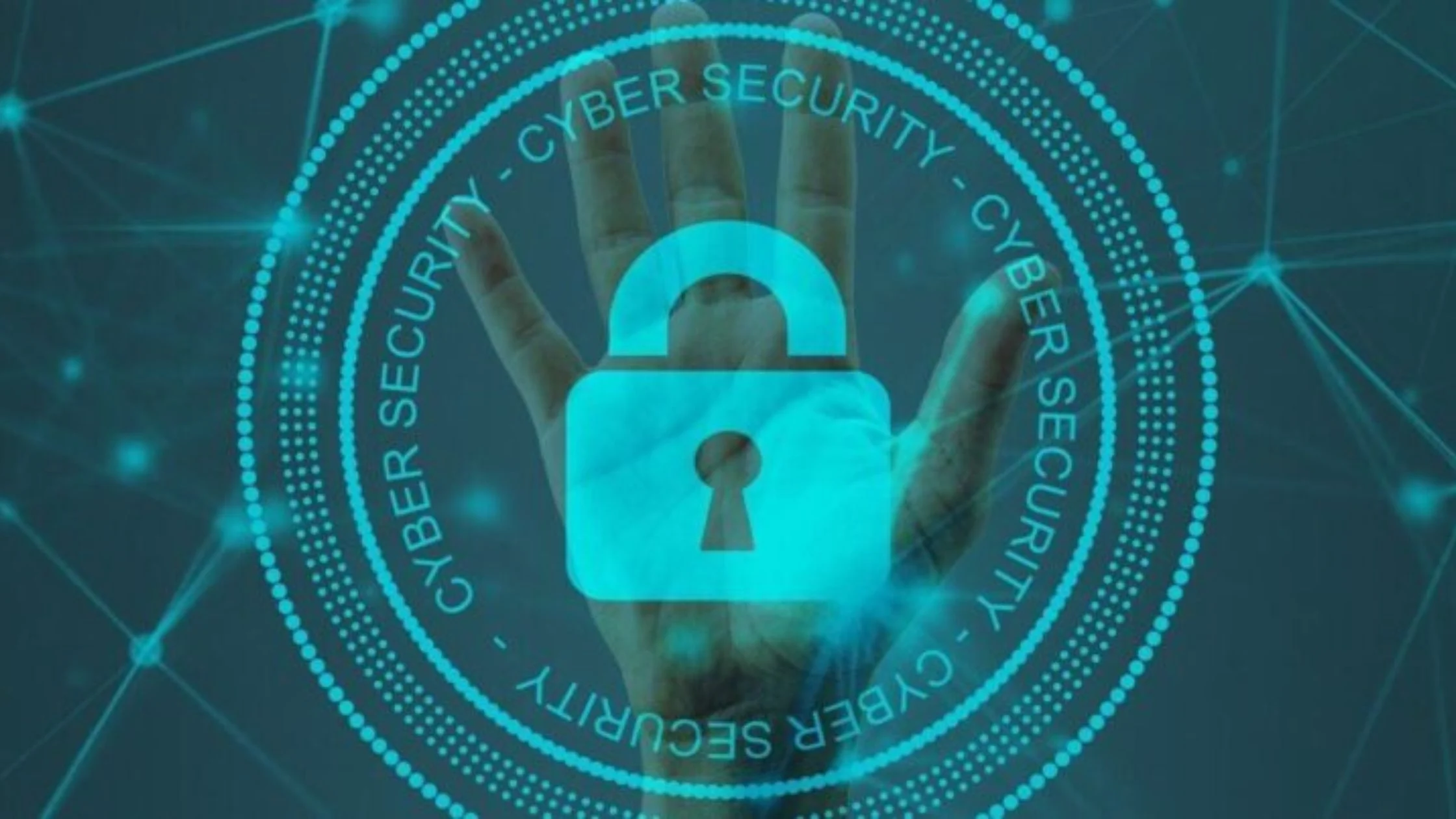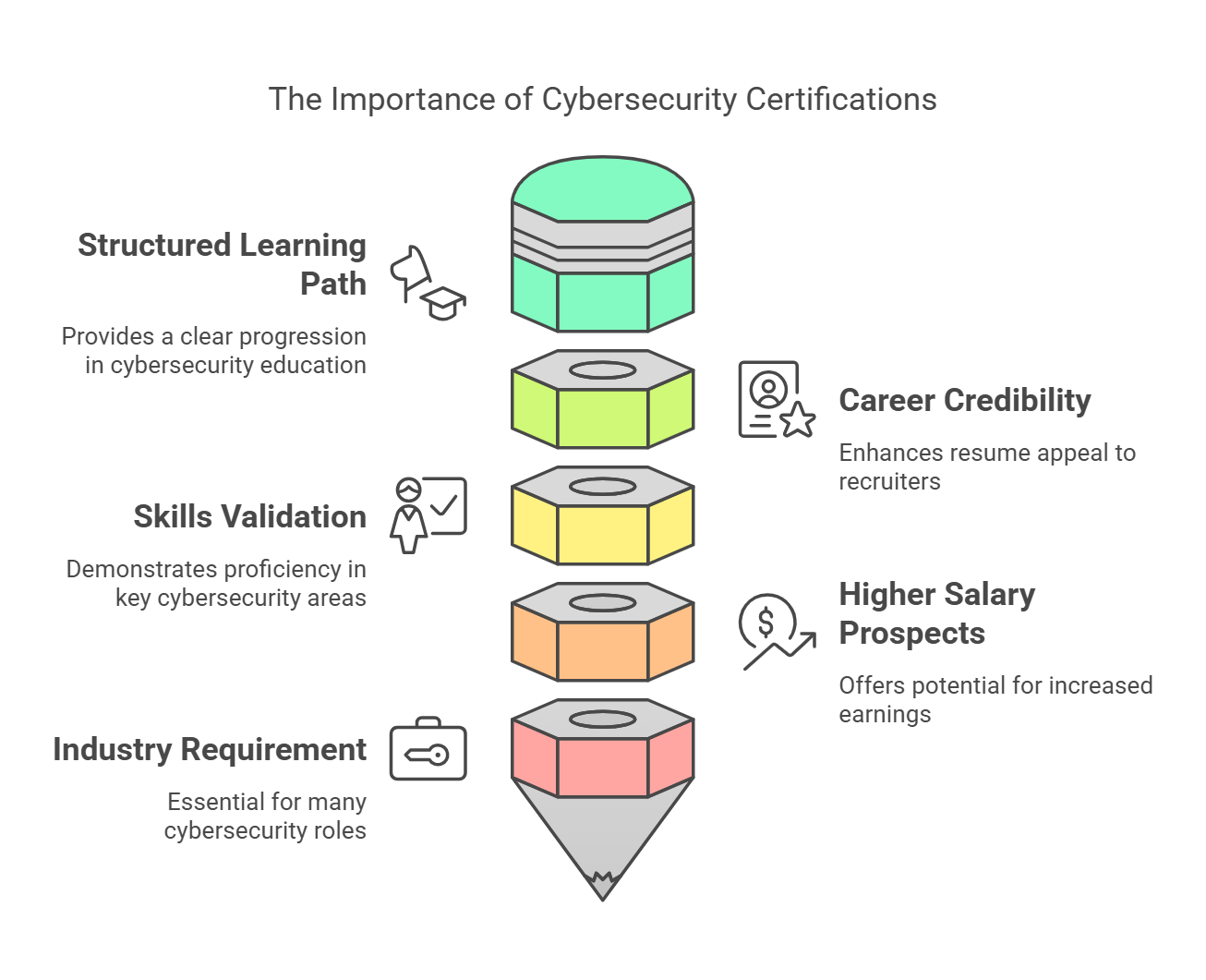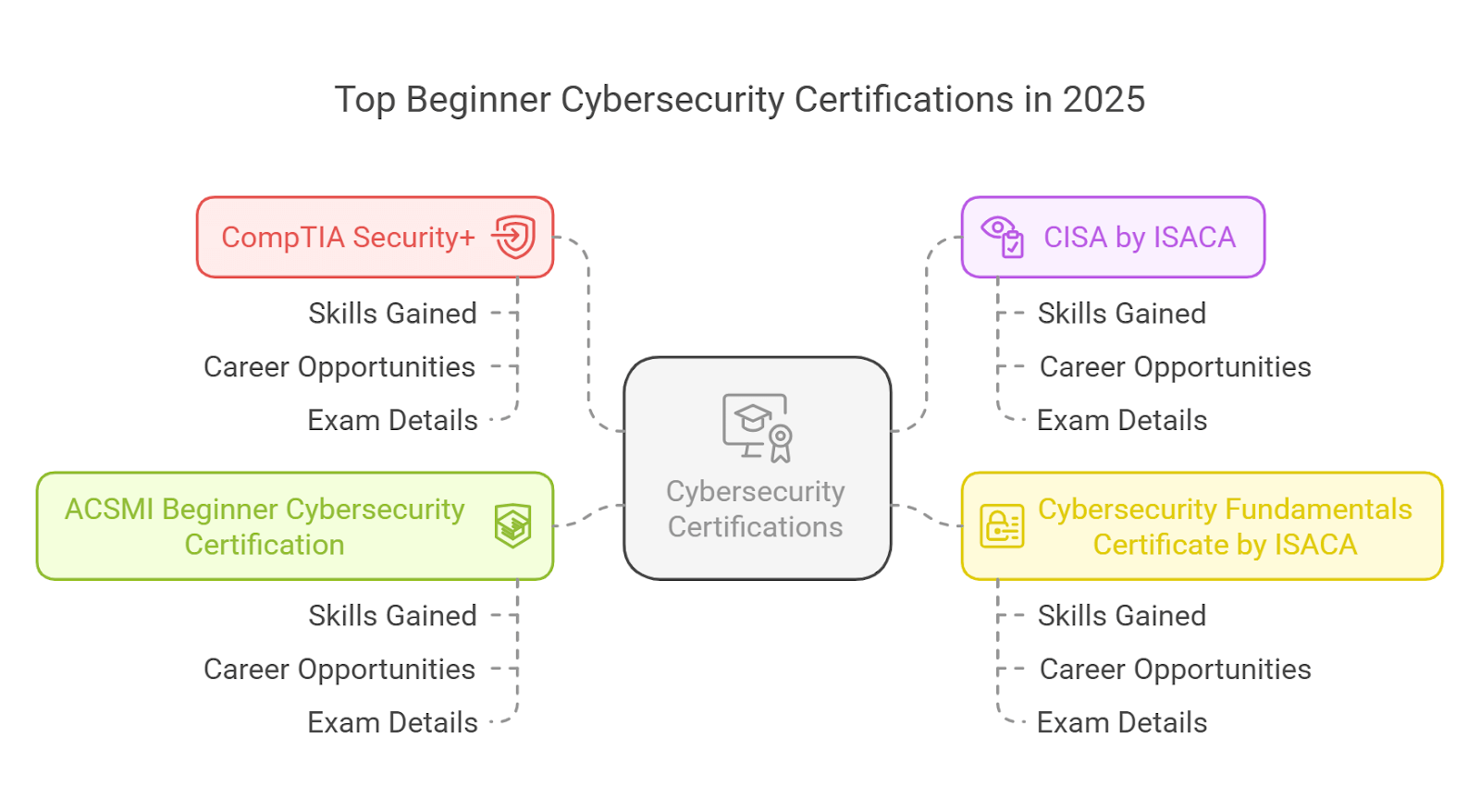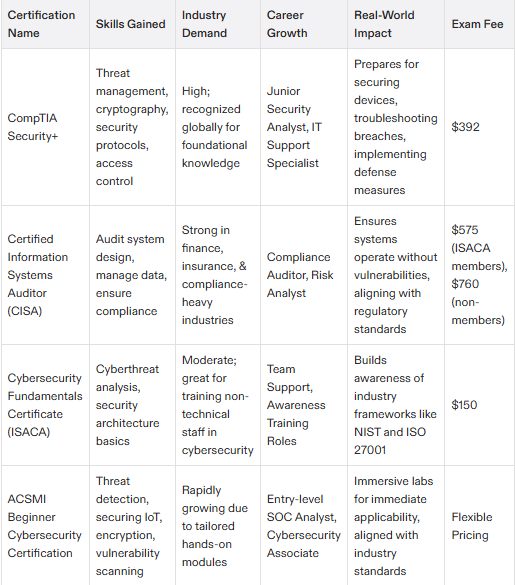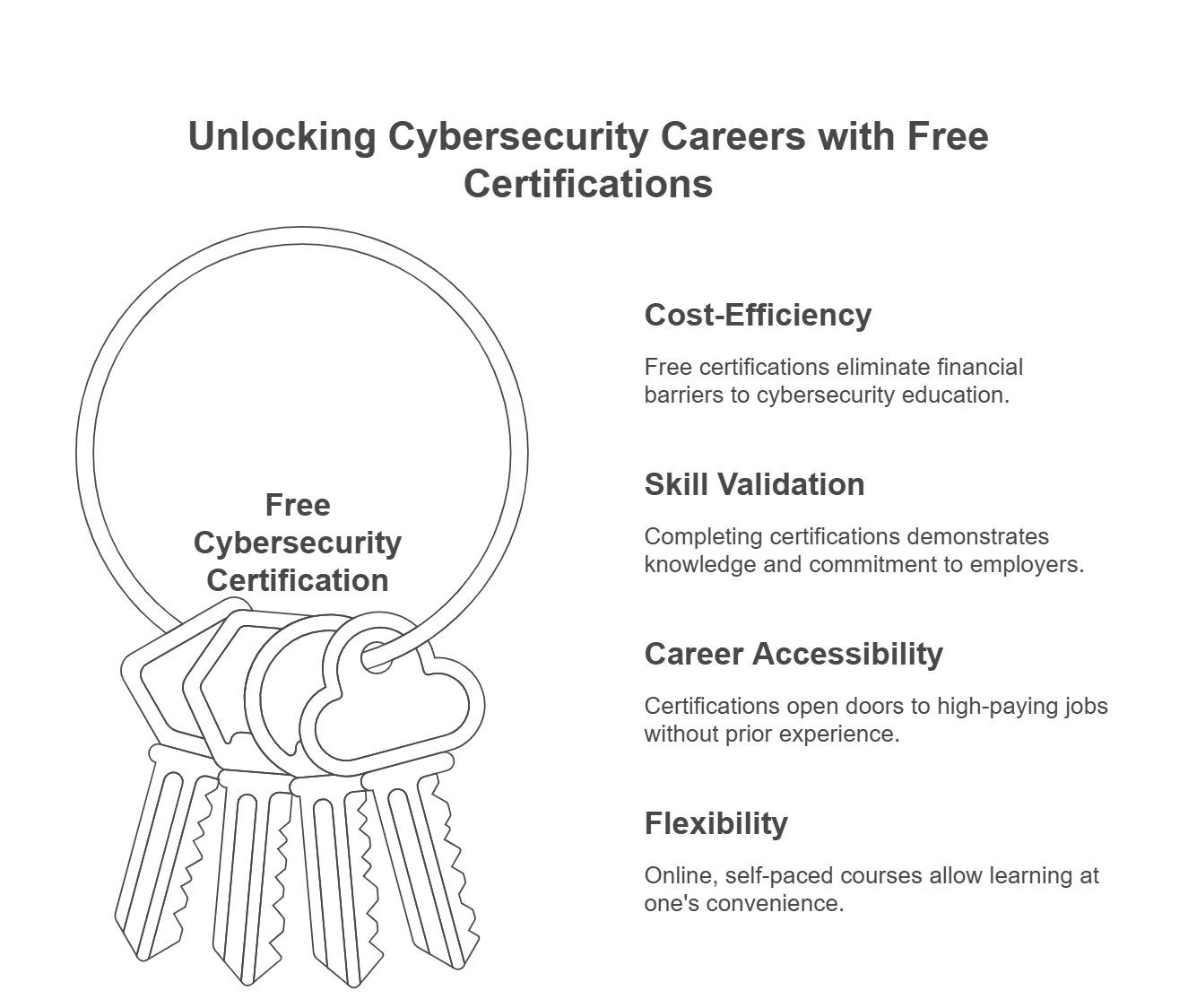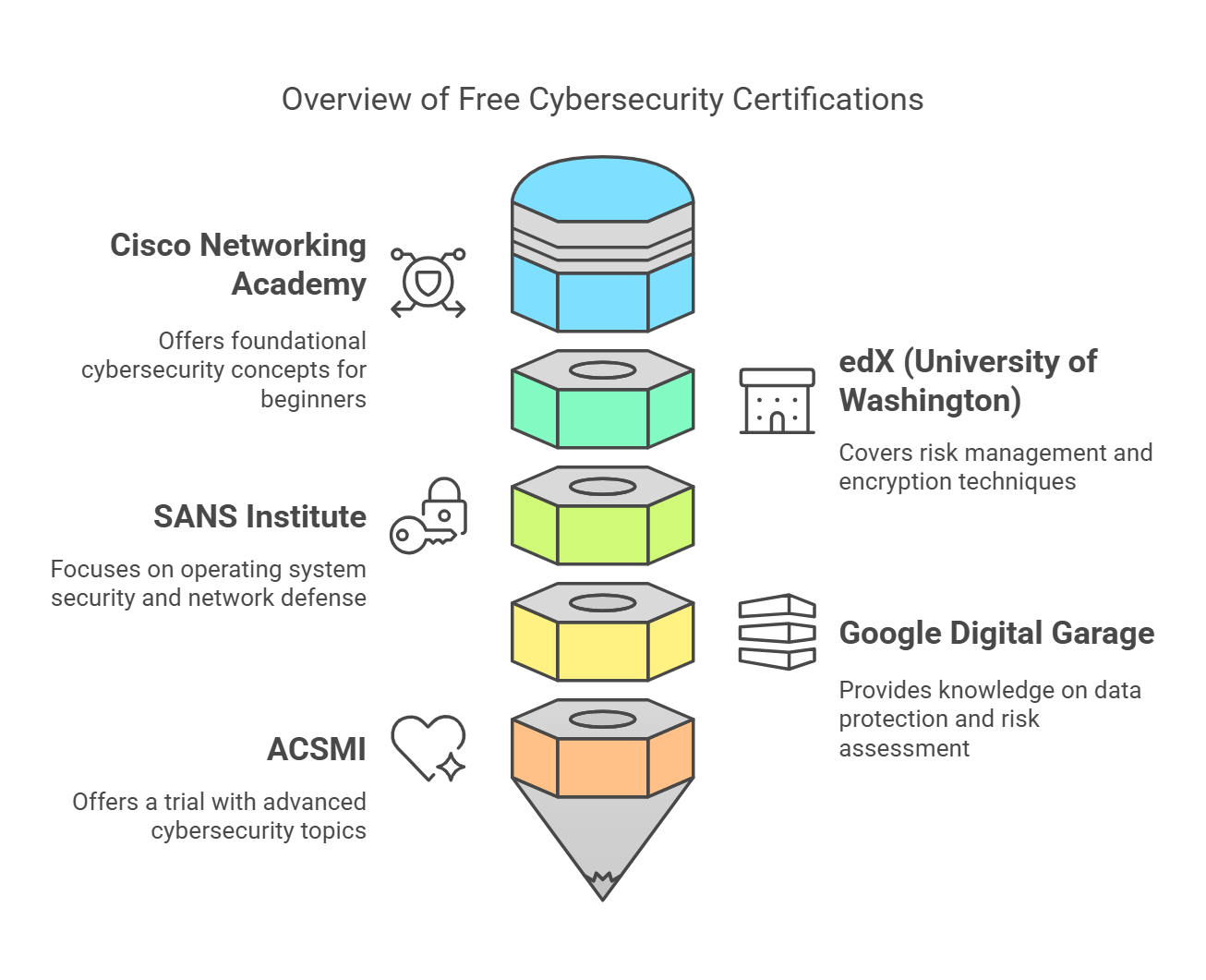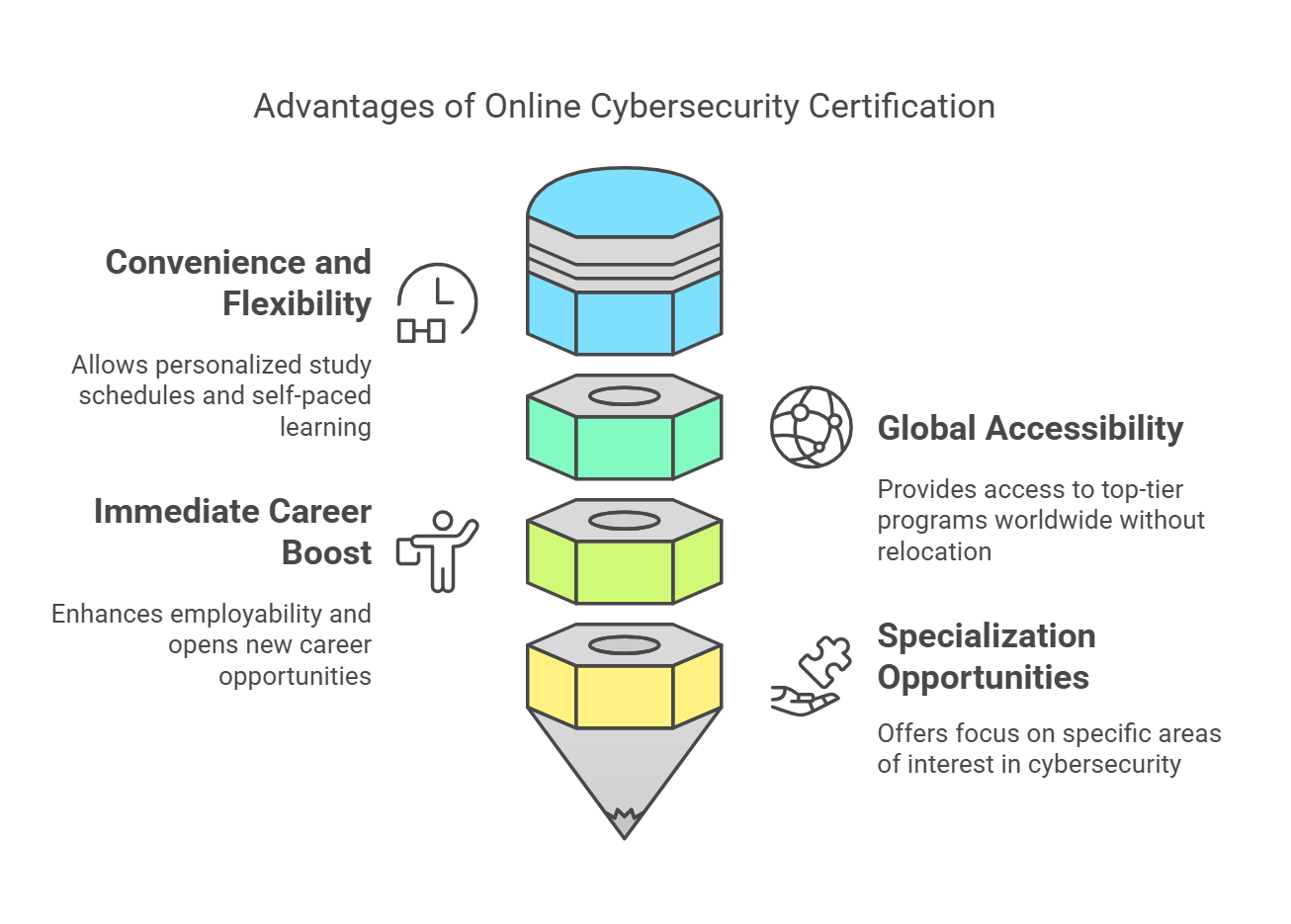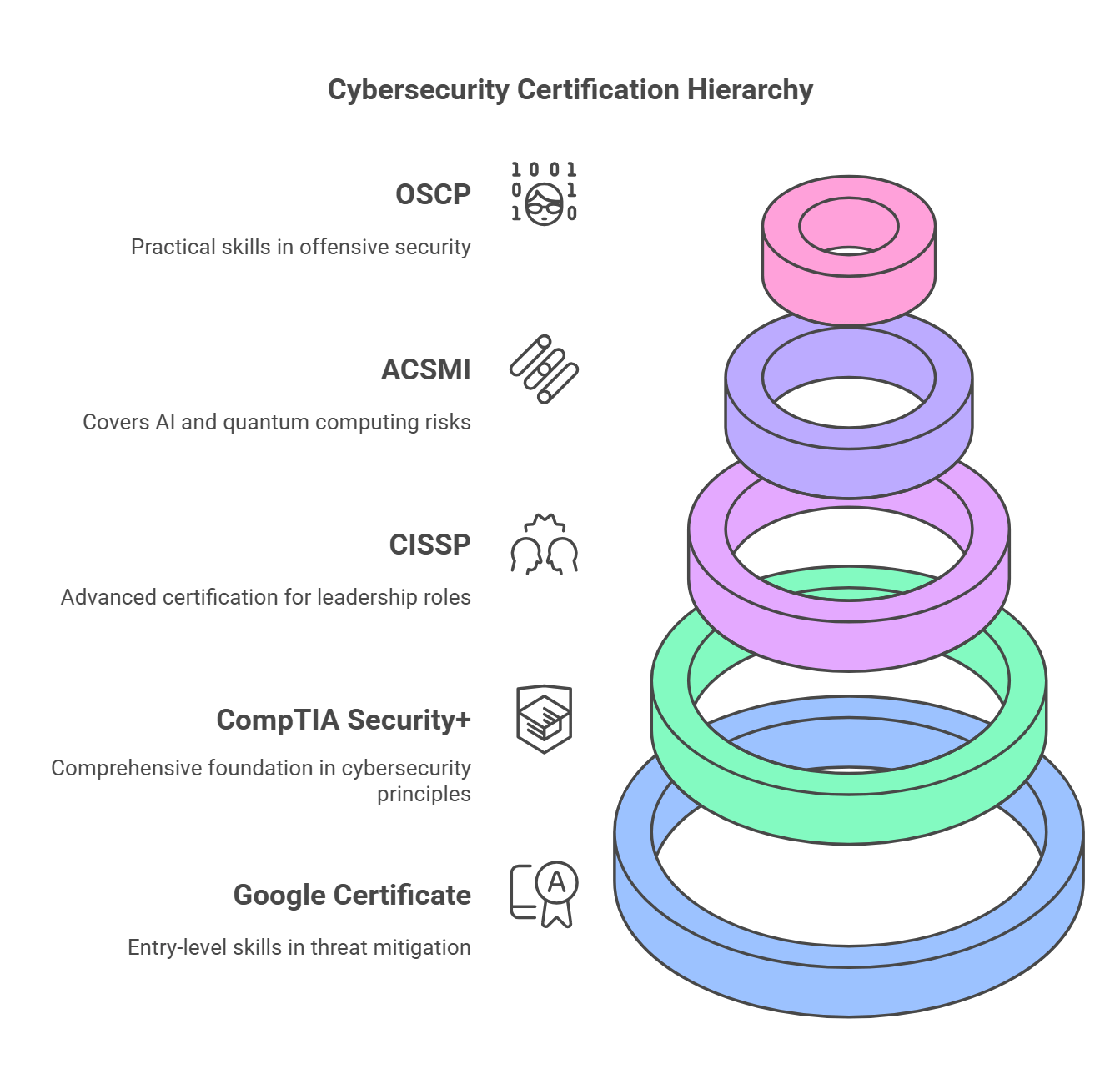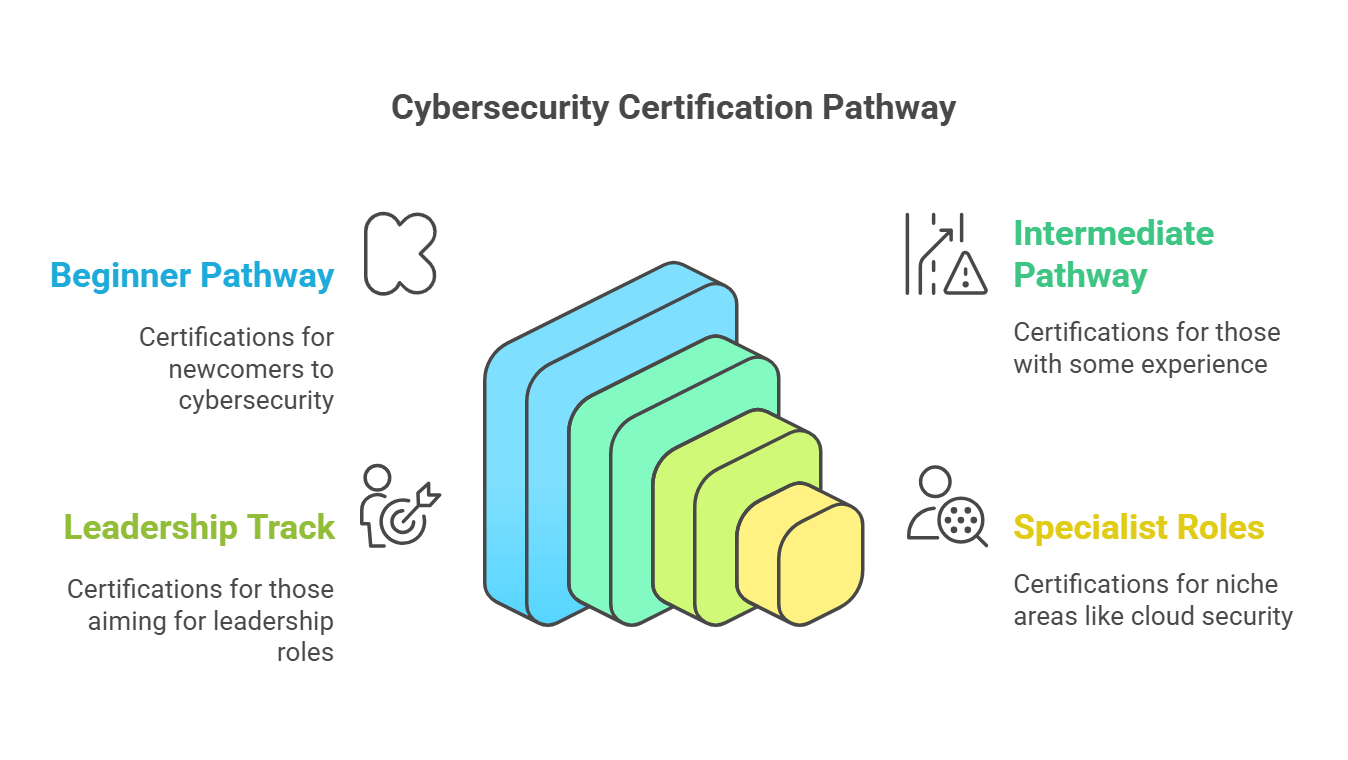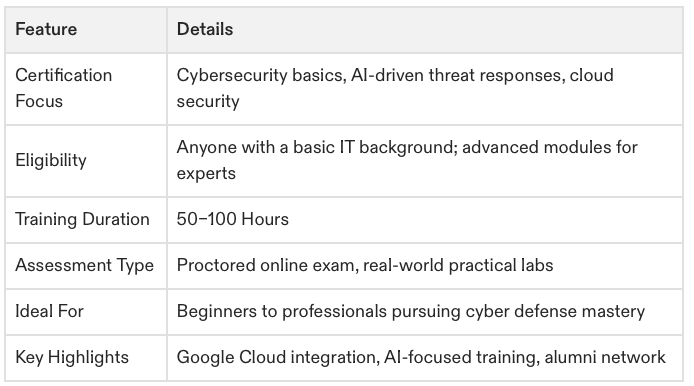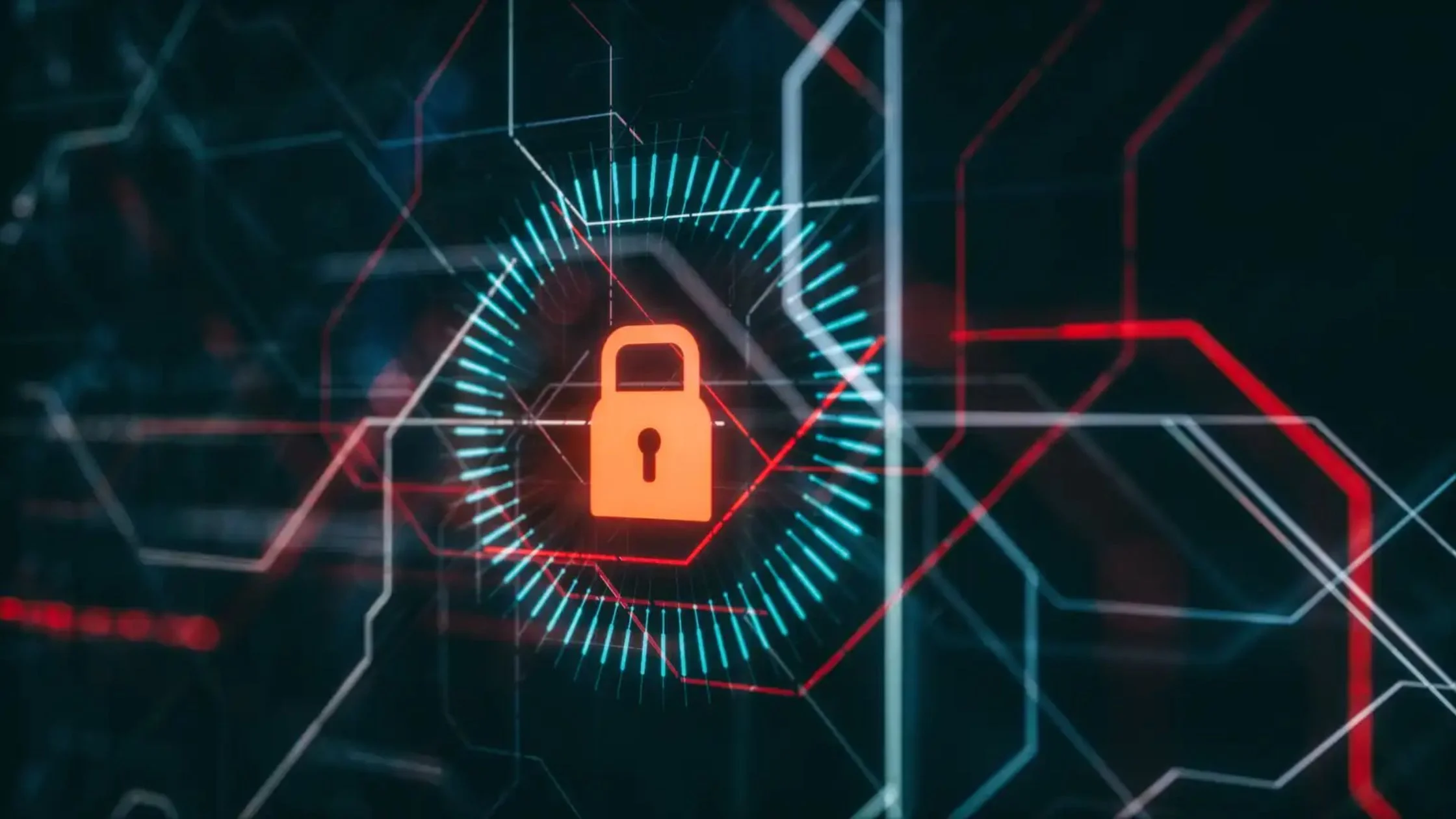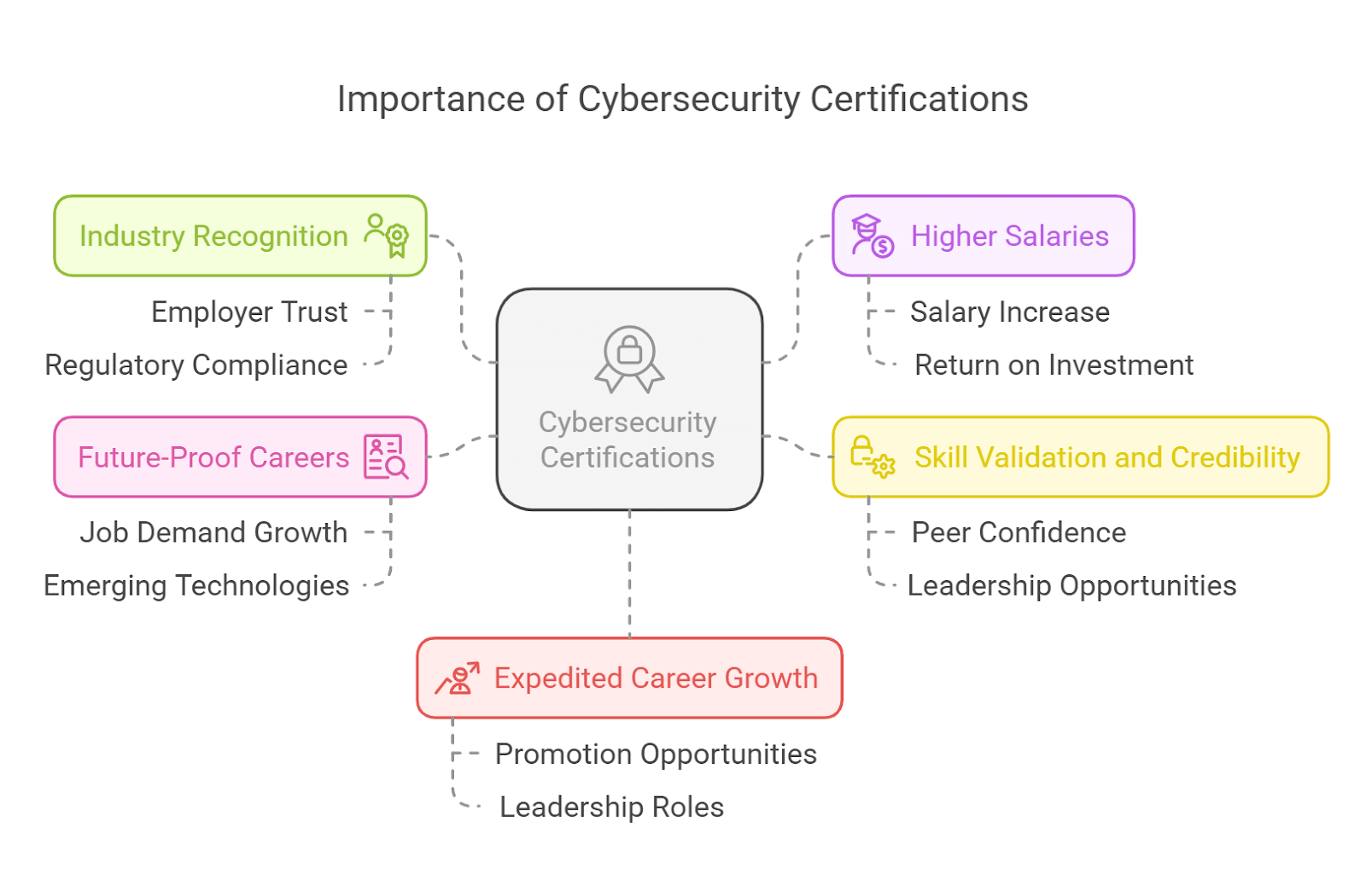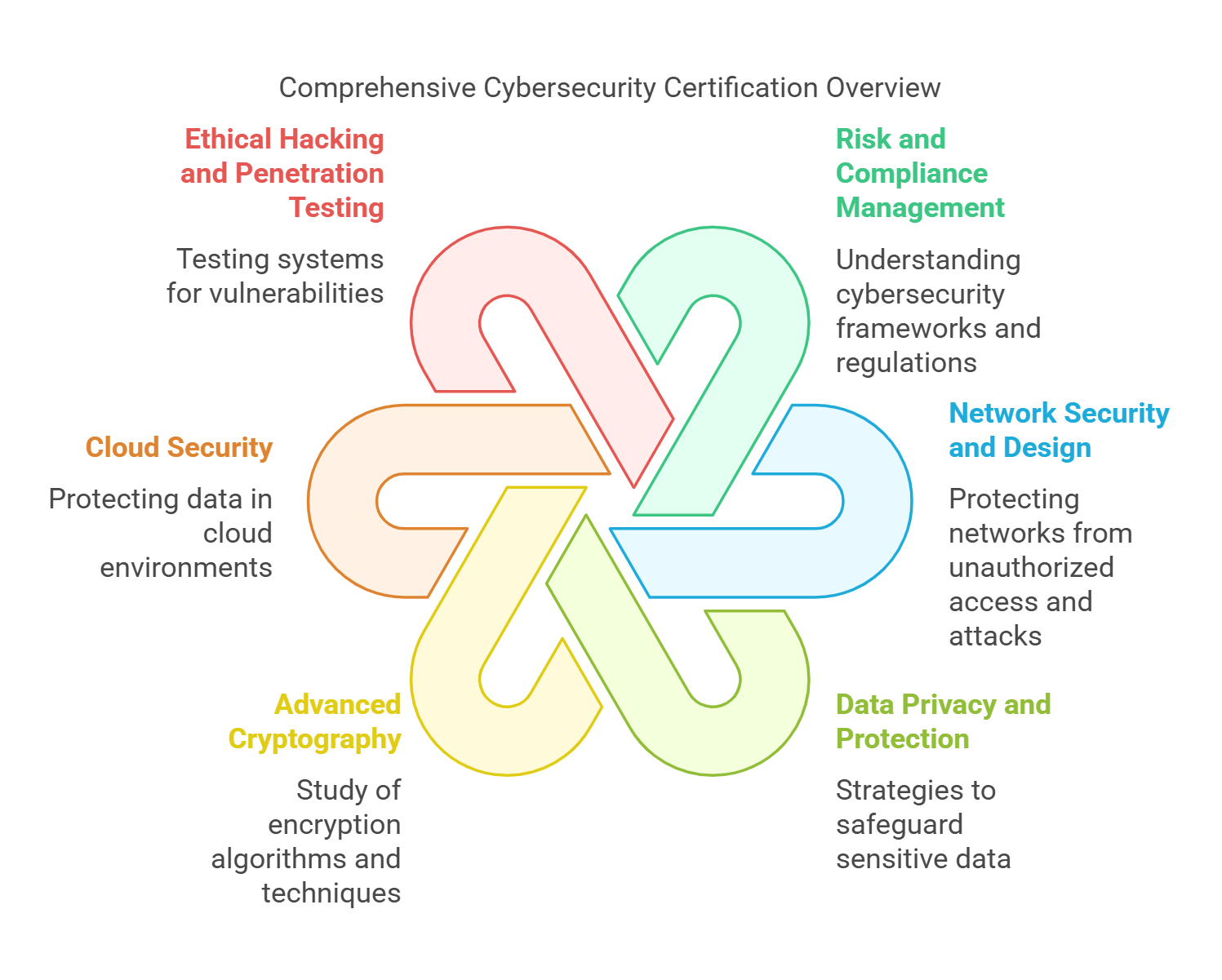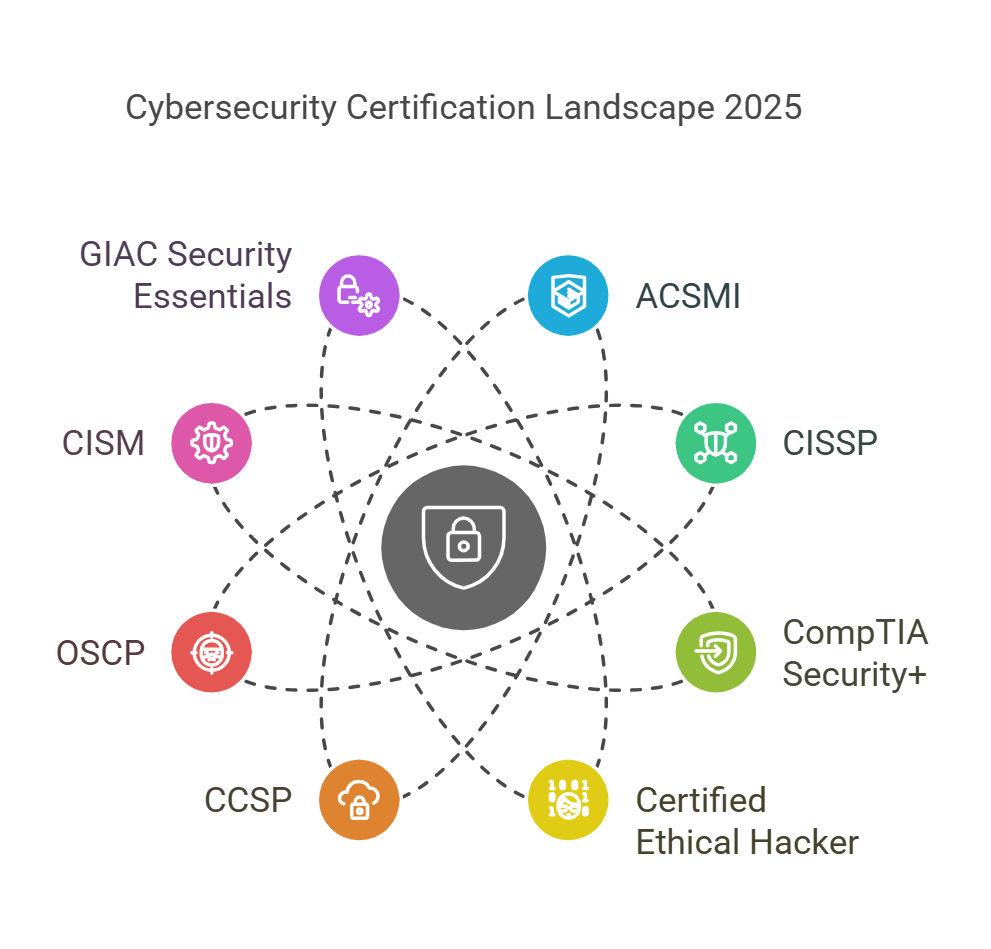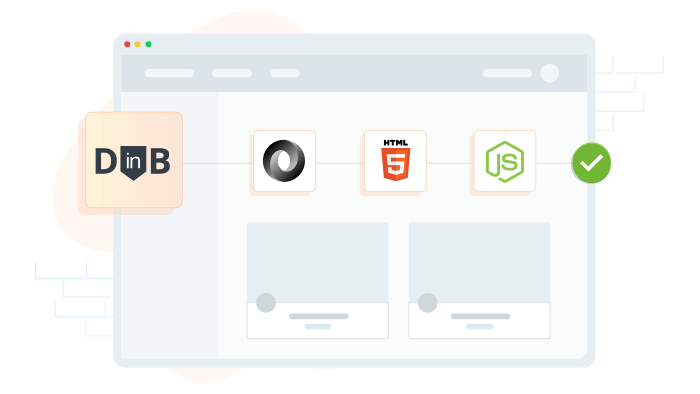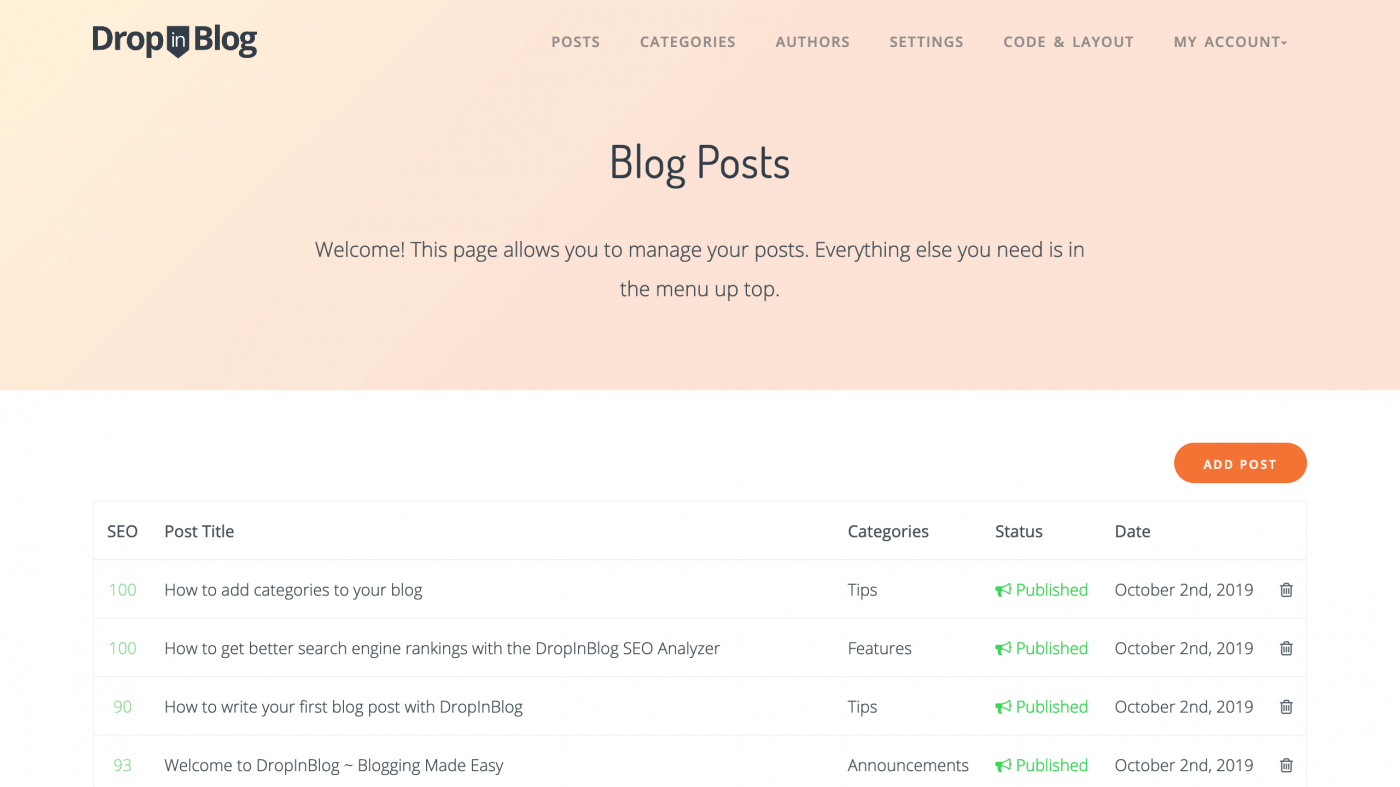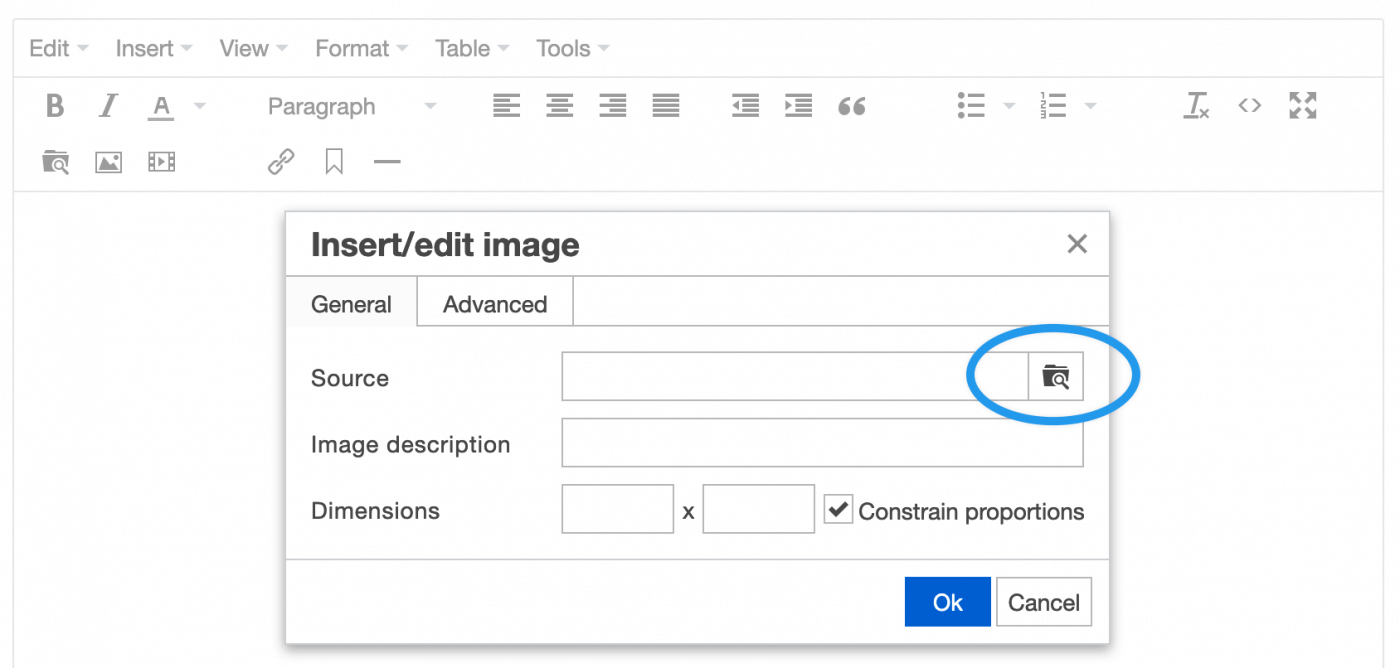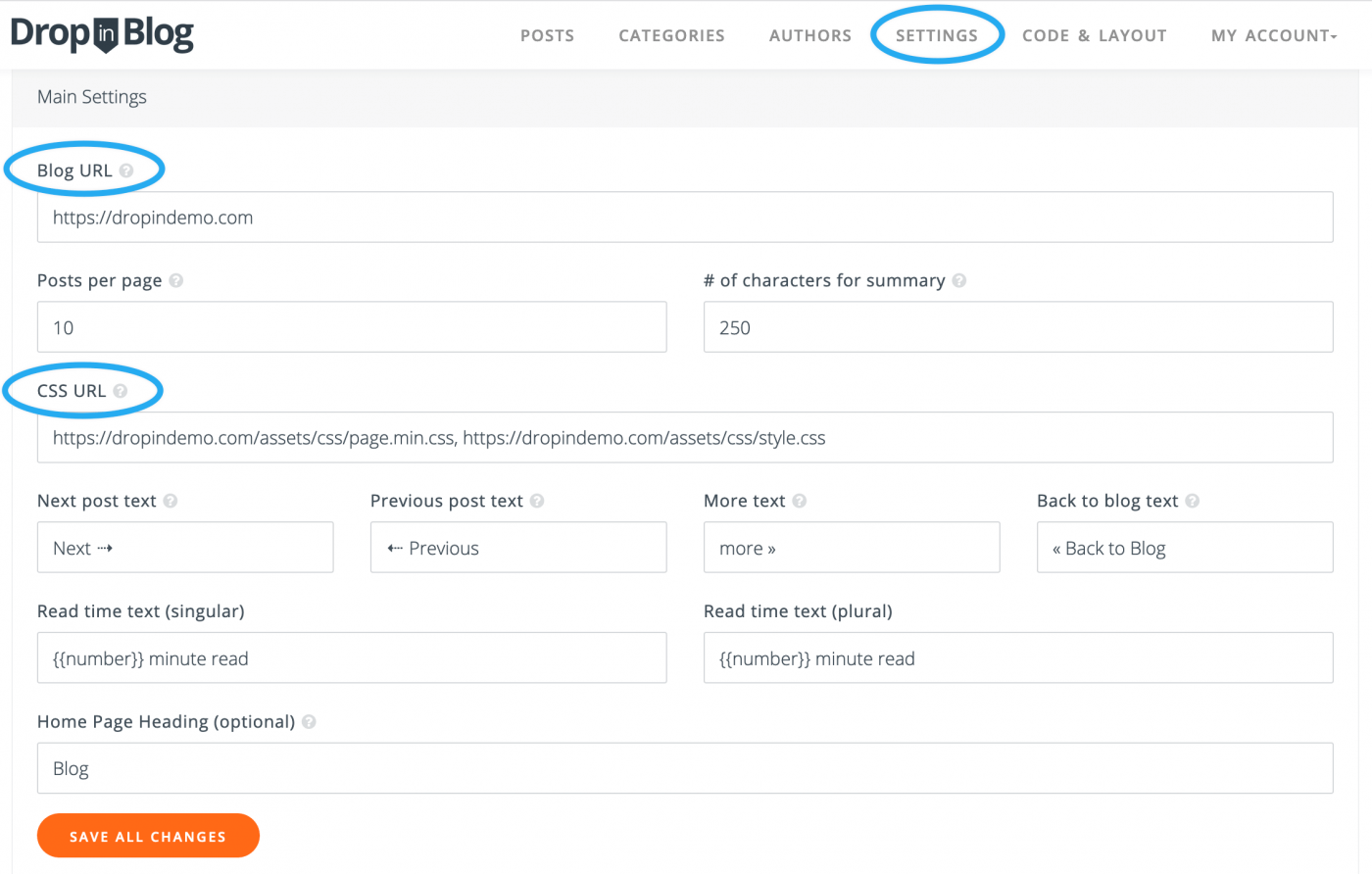Table of Contents
The cybersecurity industry is one of the fastest-growing sectors in the global job market. With the surge in cyber threats, organizations across all industries need skilled professionals to defend their systems and data from attacks. Global spending on cybersecurity is expected to exceed $200 billion by 2025, highlighting the ever-growing demand for cybersecurity experts. However, with so many certifications available in the market, it can be overwhelming to figure out where to start your journey or how to progress. This is where a Guide to AWS Cybersecurity Certification becomes essential.
A well-structured certification roadmap is a strategic guide that helps you acquire the right skills, certifications, and experience tailored to your career goals. Whether you’re a beginner looking to enter the field or an experienced professional aiming for leadership roles, this Guide to AWS Cybersecurity Certification will help you progress in the right direction. Additionally, we’ll explore how ACSMI’s 400+ modules can complement your roadmap to create a thriving cybersecurity career.
What Is a Cybersecurity Certification Roadmap?
A cybersecurity certification roadmap is a strategic career guide that outlines which certifications to pursue at various career stages. It takes into account your current knowledge, career aspirations, and the specific skills required for your desired role. The roadmap serves as a step-by-step plan that helps professionals acquire the right skills and certifications in the right order, all while staying up-to-date with the latest developments in the cybersecurity landscape. As you navigate through the roadmap, you will identify the certifications most suited to your career goals, gain relevant expertise, and continuously stay ahead of emerging threats.
A key benefit of a certification roadmap is that it allows you to avoid common mistakes such as wasting time on certifications that do not align with your career path or the demands of the industry. It helps professionals progress systematically, starting from foundational knowledge and advancing to specialized or leadership roles as required.
Why Do You Need a Cybersecurity Certification Roadmap?
Navigating the complexity of cybersecurity certifications without a clear plan can be confusing and inefficient. The field is constantly evolving, and there are many paths that one can take. Here’s why a certification roadmap is essential for your career progression:
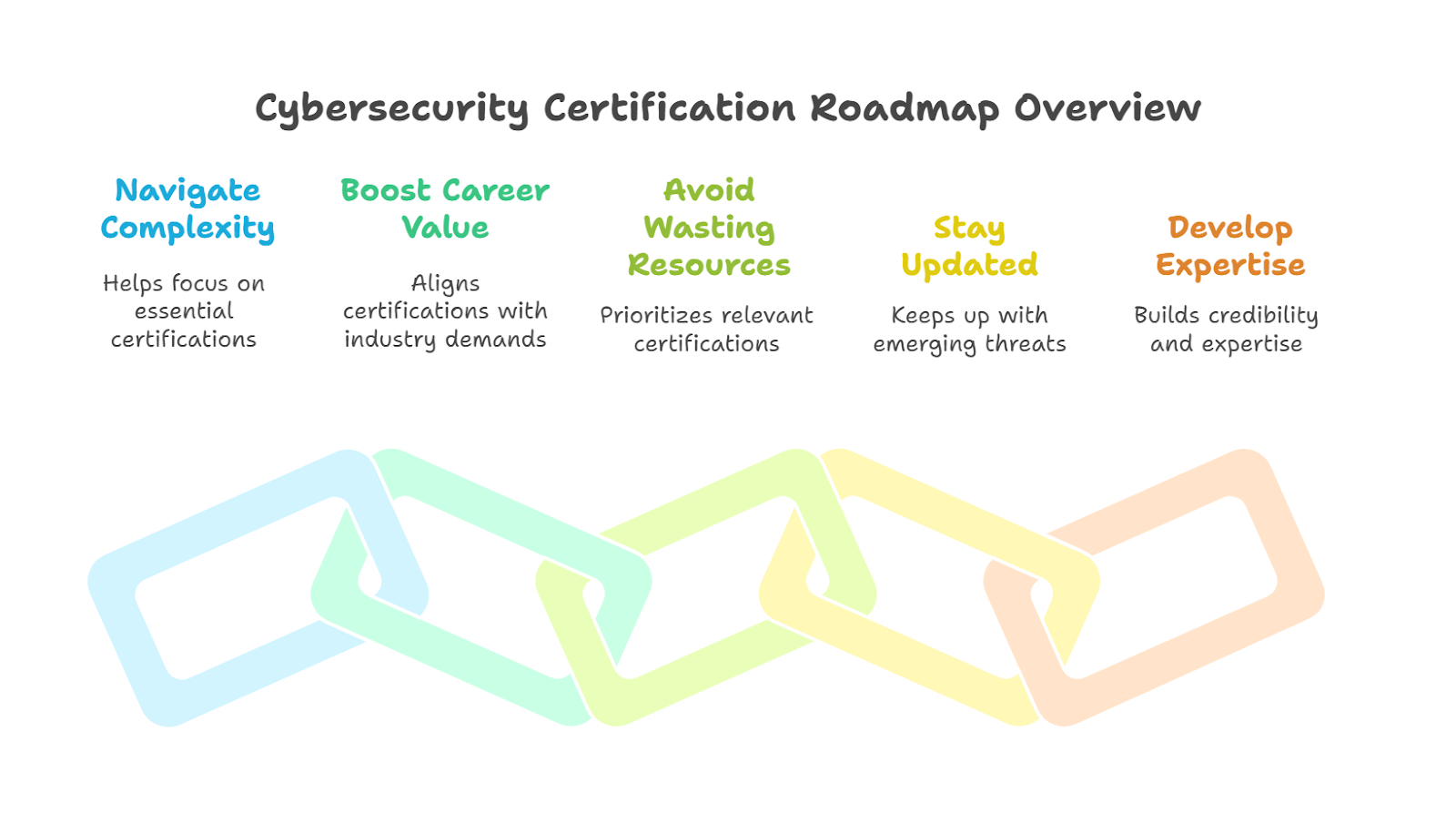
Navigate the Complexity of Certifications:
With hundreds of certifications available in the cybersecurity field, a structured roadmap ensures that you focus on the most important certifications based on your career level and goals. Without a roadmap, it’s easy to get lost in the vast sea of options, wasting time and resources on irrelevant certifications.
Boost Your Career Value:
Cybersecurity certifications are a powerful way to prove your expertise to potential employers. By following a roadmap, you ensure that your certifications align with industry demands, making you a valuable asset in your field. It allows you to enhance your skillset in a way that directly improves your career prospects.
Avoid Wasting Time and Resources:
Instead of jumping from one certification to another without a clear plan, a roadmap helps you prioritize certifications that are most relevant to your career goals. This focused approach will allow you to optimize your time and energy, ensuring that you’re progressing in the right direction without wasting effort.
Stay Ahead of Emerging Threats:
Cybersecurity is a dynamic field where new threats, vulnerabilities, and technologies emerge regularly. A roadmap ensures that you are staying up-to-date with the latest trends and technologies, helping you to align your certifications and expertise with the current security landscape.
Develop Expertise and Credibility:
A certification roadmap not only helps you stay on track with your education but also builds your credibility in the industry. By following the roadmap, you will be seen as someone who is committed to acquiring knowledge in a structured and methodical way, which is highly valued by employers.
By following a cybersecurity certification roadmap, you’ll develop the expertise and credibility that employers seek, leading to more opportunities and career advancement.
Crafting Your Cybersecurity Certification Roadmap
Building a cybersecurity certification roadmap is a process that begins with evaluating where you currently stand in terms of knowledge and experience. From there, you can determine the appropriate certifications to pursue based on your career aspirations. Workforce Certification Training plays a crucial role in this journey, helping professionals acquire the necessary skills and credentials to advance in the field. Let’s break down the steps involved in crafting your personalized roadmap:
Step 1: Assess Your Starting Point
The first step in building your certification roadmap is to assess your current skillset, experience, and career goals. Are you new to the field, or do you already have experience in IT or cybersecurity? Understanding where you are will help you determine which certifications are appropriate for you. For instance:
-
If you’re a newcomer: If you’re just entering the cybersecurity field, you’ll need to start with foundational certifications. These certifications cover the basic principles of cybersecurity, risk management, and network security.
-
If you have IT experience: If you already work in IT, you may need certifications that bridge the gap between IT and cybersecurity, such as the Certified Ethical Hacker (CEH) or CompTIA Security+.
-
If you’re aiming for leadership: If you already work in cybersecurity and are aiming for advanced roles like Chief Information Security Officer (CISO) or Cybersecurity Architect, you may need higher-level certifications such as Certified Information Security Manager (CISM) or Certified Cloud Security Professional (CCSP).
By assessing your starting point, you can determine whether foundational, intermediate, or advanced certifications are right for you. This will give you a clear starting point and help you plan the rest of your roadmap accordingly.
Step 2: Define Your Career Goals
Cybersecurity is a broad field that encompasses various specializations, each with unique skill sets and responsibilities. To create a roadmap, you need to define your career goals and the specialization that interests you most. Here are a few common paths in cybersecurity:
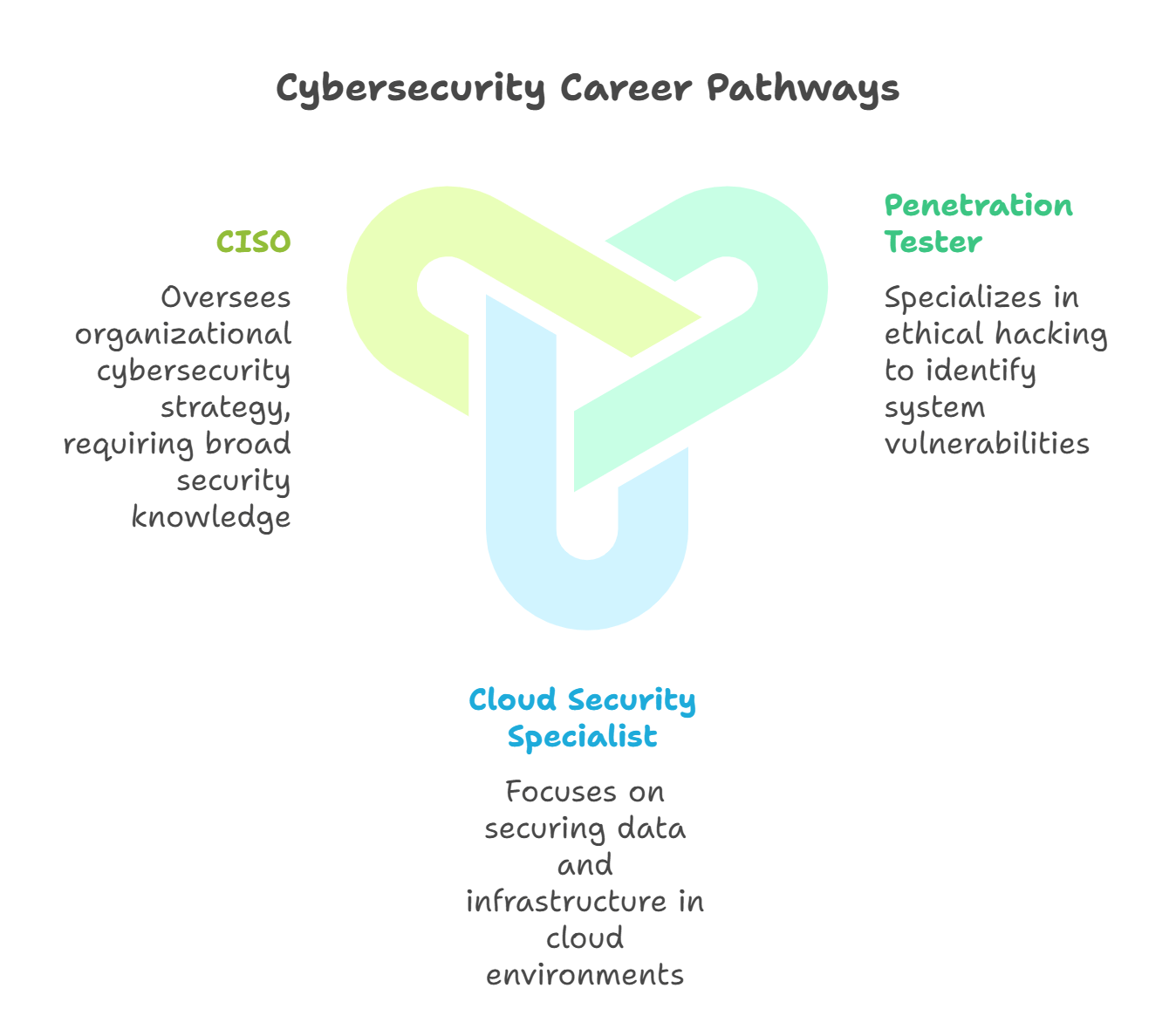
-
Penetration Tester: Specializing in ethical hacking, penetration testers identify and exploit vulnerabilities in systems to improve security defenses. A path to this role typically involves certifications like CEH (Certified Ethical Hacker) and OSCP (Offensive Security Certified Professional).
-
Cloud Security Specialist: With the rise of cloud computing, the need for cloud security professionals has increased. Cloud security specialists are responsible for securing data, applications, and infrastructure in cloud environments. Relevant certifications include Certified Cloud Security Professional (CCSP) and AWS Certified Security Specialty.
-
CISO (Chief Information Security Officer): CISO is a leadership role overseeing an organization’s cybersecurity strategy. This position requires a broad understanding of security management, governance, and compliance. CISM (Certified Information Security Manager) and CISSP (Certified Information Systems Security Professional) are key certifications for aspiring CISOs.
Defining your career goals will allow you to tailor your certification roadmap to fit the path you want to follow. This is crucial in ensuring that your certifications align with the specific skills and knowledge required for your desired role.
Step 3: Choose Certifications Based on Career Levels
Based on your starting point and career goals, you’ll need to choose certifications that match your experience level. Here’s a breakdown of certifications based on career levels:
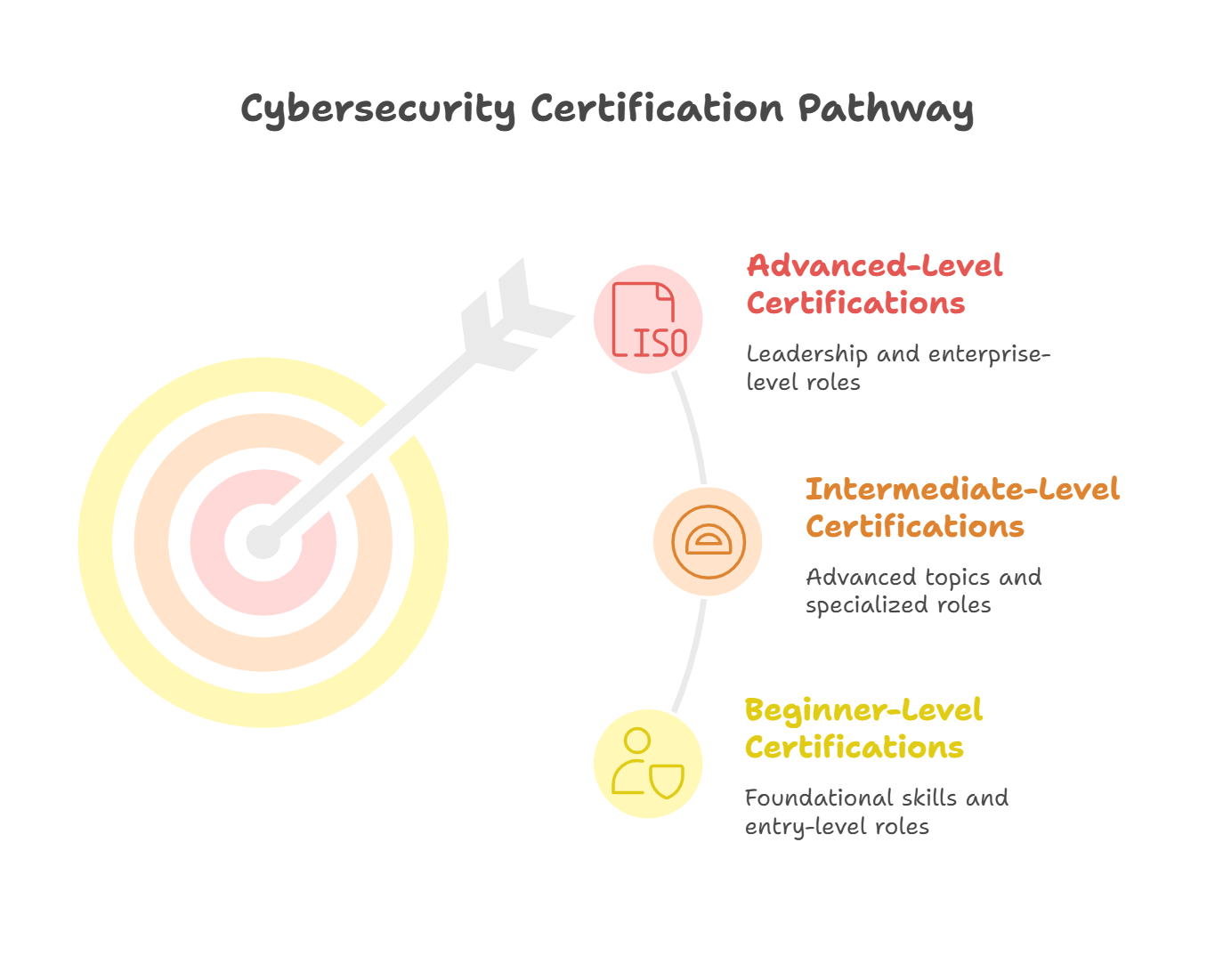
-
Beginner-Level Certifications: These certifications are suitable for individuals who are just starting in cybersecurity and are looking to build foundational skills. Some popular beginner certifications include:
-
CompTIA Security+ (SY0-601): This certification covers the basics of cybersecurity, including vulnerabilities, network security, and attacks. It’s widely recognized and serves as a stepping stone to more advanced certifications.
-
EC-Council Certified Secure Computer User (CSCU): This certification is designed for individuals looking to gain practical cybersecurity knowledge, focusing on day-to-day security practices.
-
GIAC Security Essentials (GSEC): This certification covers the essential competencies needed to defend against cyberattacks, including risk management and network security fundamentals.
-
ACSMI Certification: With over 400 modules, ACSMI provides foundational knowledge and hands-on experience to kickstart your cybersecurity journey.
-
-
Roles You Can Pursue: Cybersecurity Analyst, IT Security Specialist, Network Administrator.
-
Intermediate-Level Certifications: After gaining foundational experience, professionals can pursue intermediate certifications that focus on more advanced topics. These include:
-
Certified Ethical Hacker (CEH): CEH provides in-depth training on penetration testing techniques and hacking tools.
-
Certified Information Systems Security Professional (CISSP): This certification covers a wide array of security domains, including asset security, software development, and risk management.
-
Offensive Security Certified Professional (OSCP): OSCP focuses on real-world penetration testing scenarios and hands-on hacking techniques.
-
ACSMI Certification – Advanced Modules: ACSMI offers advanced modules that delve into specialized areas of cybersecurity, such as threat analysis and penetration testing.
-
-
Roles You Can Pursue: Security Consultant, Penetration Tester, Incident Response Analyst.
-
Advanced-Level Certifications: These certifications are suitable for professionals aiming for leadership roles and enterprise-level responsibilities:
-
Certified Information Security Manager (CISM): CISM focuses on risk management, governance, and compliance, making it ideal for individuals seeking leadership positions.
-
Certified Cloud Security Professional (CCSP): This certification is focused on securing cloud environments and is ideal for cloud security professionals.
-
GIAC Security Expert (GSE): GSE is one of the highest standards in cybersecurity, covering advanced topics in network security and incident response.
-
ACSMI Advanced Modules: ACSMI’s advanced modules include specialized topics such as cryptography, cloud architecture, and enterprise security solutions.
-
-
Roles You Can Pursue: Chief Information Security Officer (CISO), Cybersecurity Architect, Cyber Strategist.
Step 4: Gain Real-World Cybersecurity Experience
While certifications are essential, they are not enough on their own. To truly excel in cybersecurity, you must demonstrate your skills through real-world experience. Here are some ways to gain practical experience:
-
Join Capture The Flag (CTF) Competitions: CTF competitions provide simulated cyberattacks that allow you to practice ethical hacking in a safe, controlled environment.
-
Contribute to Open-Source Cybersecurity Projects: Working on open-source projects is a great way to gain practical experience and collaborate with other cybersecurity professionals.
-
Pursue Internships or Industry Placements: Internships give you hands-on experience in real-world environments and are an excellent way to build your resume.
Step 5: Keep Certifications and Skills Updated
Cybersecurity is an ever-evolving field, and staying up-to-date is crucial. Cyber threats evolve rapidly, and so do the tools and technologies used to combat them. Make sure to renew your certifications every 2-5 years, and enroll in specialized training when new trends emerge (such as machine learning in cybersecurity). Continuous learning ensures you remain relevant in the field.
How ACSMI Certification Transforms Your Career
ACSMI offers comprehensive certifications at all levels, ensuring a well-rounded education in cybersecurity. With over 400 modules, ACSMI provides extensive coverage of essential topics such as incident response, cryptography, and risk management. These modules combine theoretical knowledge with hands-on experience to ensure you’re ready for real-world challenges. Whether you’re just starting your cybersecurity career or aiming for a leadership position, ACSMI’s certification modules can transform your career.
Concluding Thoughts
Building a successful cybersecurity career requires thoughtful planning and continuous learning. By following a well-structured certification roadmap, you ensure that you gain the right skills and knowledge at the right time. Whether you are starting from scratch or aiming for leadership roles, the right cybersecurity certifications will help you stay ahead of the curve. Consider leveraging ACSMI’s extensive modules to enhance your learning journey and propel your career forward.
FAQ About Cybersecurity Certification Roadmap
How Much Time Does It Take to Complete a Cybersecurity Certification?
The time required to complete a certification depends on its complexity and your prior experience. On average, most certifications take 3-12 months to complete.
What Is the Most Important Certification for Beginners?
CompTIA Security+ or ACSMI foundational courses provide an excellent starting point.
Are Certifications Necessary If I Have a Degree?
Yes! While a degree is important, certifications provide specialized and updated knowledge that may not be covered in degree programs.
Is ACSMI Certification Recognized Globally?
Absolutely. ACSMI certifications are globally recognized and highly valued in the cybersecurity industry due to their expansive module offerings.
Can I Specialize in More Than One Area?
Yes. After mastering a primary skill set, expanding into areas such as cloud security, incident management, or penetration testing can significantly boost your career potential.
